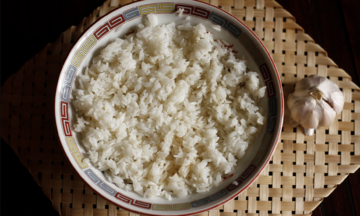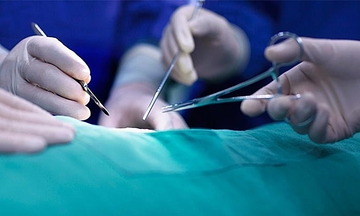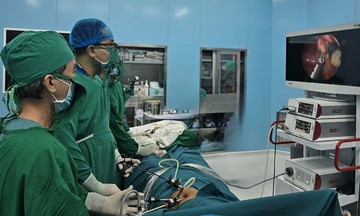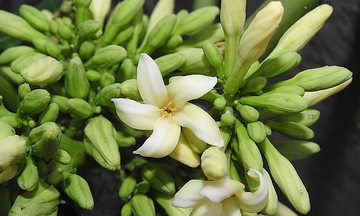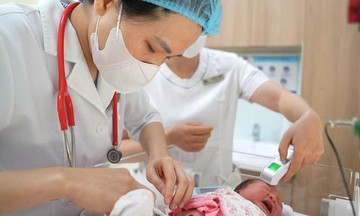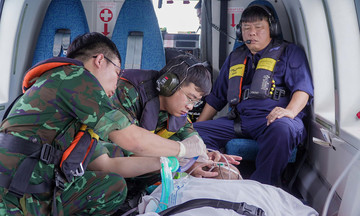If I have to have my remaining kidney removed to treat cancer, what is the prognosis? (Tuan Anh, 61 years old, Lam Dong)
Answer:
Kidneys are vital organs of the urinary system, primarily responsible for filtering blood, balancing electrolytes, and removing waste products and toxins from the body. Most people have two kidneys; some children are born with only one (unilateral renal agenesis), and even fewer are born without any kidneys (bilateral renal agenesis).
In adults, the loss of one kidney is often due to medical reasons such as cancer, kidney abscesses, kidney donation, or trauma. Removal of both kidneys might be necessary for cancer treatment to prevent metastasis or invasion of other organs, or due to kidney failure resulting from congenital conditions or widespread infection.
If both kidneys have to be removed, the patient can still live, but they will require dialysis and treatment for the rest of their life, or a kidney transplant. Without kidneys, toxins cannot be eliminated naturally. The accumulation of urea, creatinine, and potassium leads to blood poisoning, cardiac arrhythmia, pulmonary edema, and other life-threatening conditions. Therefore, after surgery, the patient must adhere to the doctor's treatment plan, undergo regular dialysis to remove waste and excess fluid from the body, maintain electrolyte balance, and control their weight. Adhering to the dialysis schedule helps prevent toxin buildup, preventing dangerous complications like high blood pressure, pulmonary edema, and cardiovascular problems.
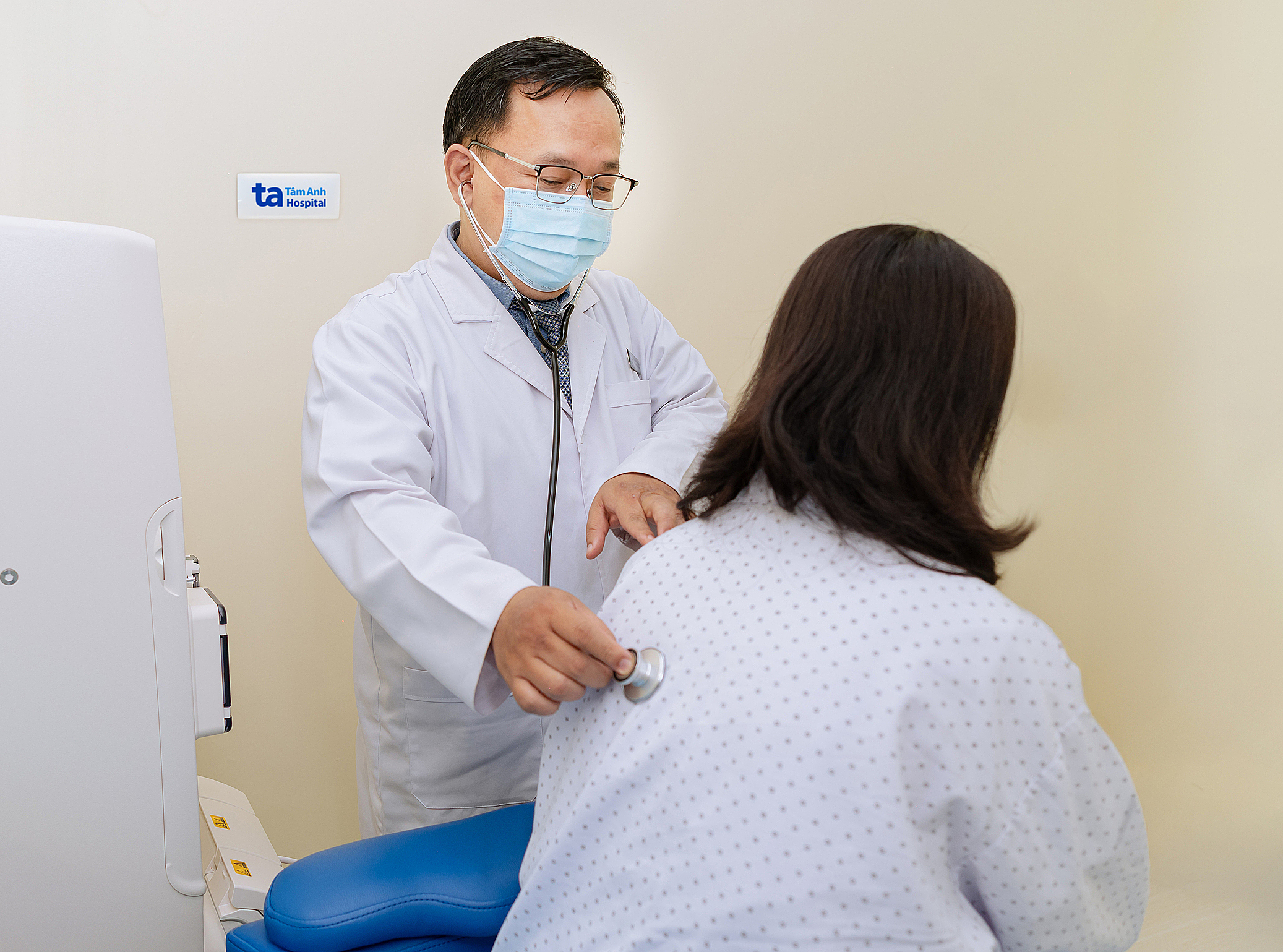 |
A doctor examines a patient at Tam Anh General Hospital. Illustrative photo: Hospital provided |
If both kidneys are removed, you need to closely monitor your health and follow a strict diet. You need to limit sodium (salt) intake to avoid edema and high blood pressure, and consume fewer fruits like bananas, oranges, and papayas due to their high potassium content, which can cause cardiac arrhythmias. You should also reduce phosphorus intake from sources like milk, canned goods, and cold cuts. Water intake should be as recommended by your doctor because people without kidneys are prone to water retention, which can lead to edema and heart failure.
It is crucial to strictly adhere to the treatment plan, taking medication at the right time and dosage, including medications for blood pressure regulation, calcium, phosphorus, and anemia. If a kidney transplant is performed, anti-rejection medication is necessary. Regular health check-ups, blood and urine tests, and monitoring for signs of infection, edema, and shortness of breath are also essential.
To maintain healthy kidneys, it's important to adopt a healthy lifestyle, eat a balanced diet rich in vegetables and fruits, limit processed foods, reduce salt and sugar intake, get enough sleep, maintain a regular sleep schedule, and avoid staying up late, which can put stress on the kidneys. Regular exercise, maintaining a healthy weight, managing blood pressure and blood sugar, and undergoing regular health check-ups are also vital. Reducing alcohol consumption, avoiding tobacco and stimulants, and refraining from using non-prescribed or unknown medications are also recommended.
Doctor Ho Tan Thong
Department of Nephrology - Dialysis
Tam Anh General Hospital, TP HCM
| Readers can submit questions about kidney disease here for doctors to answer. |





